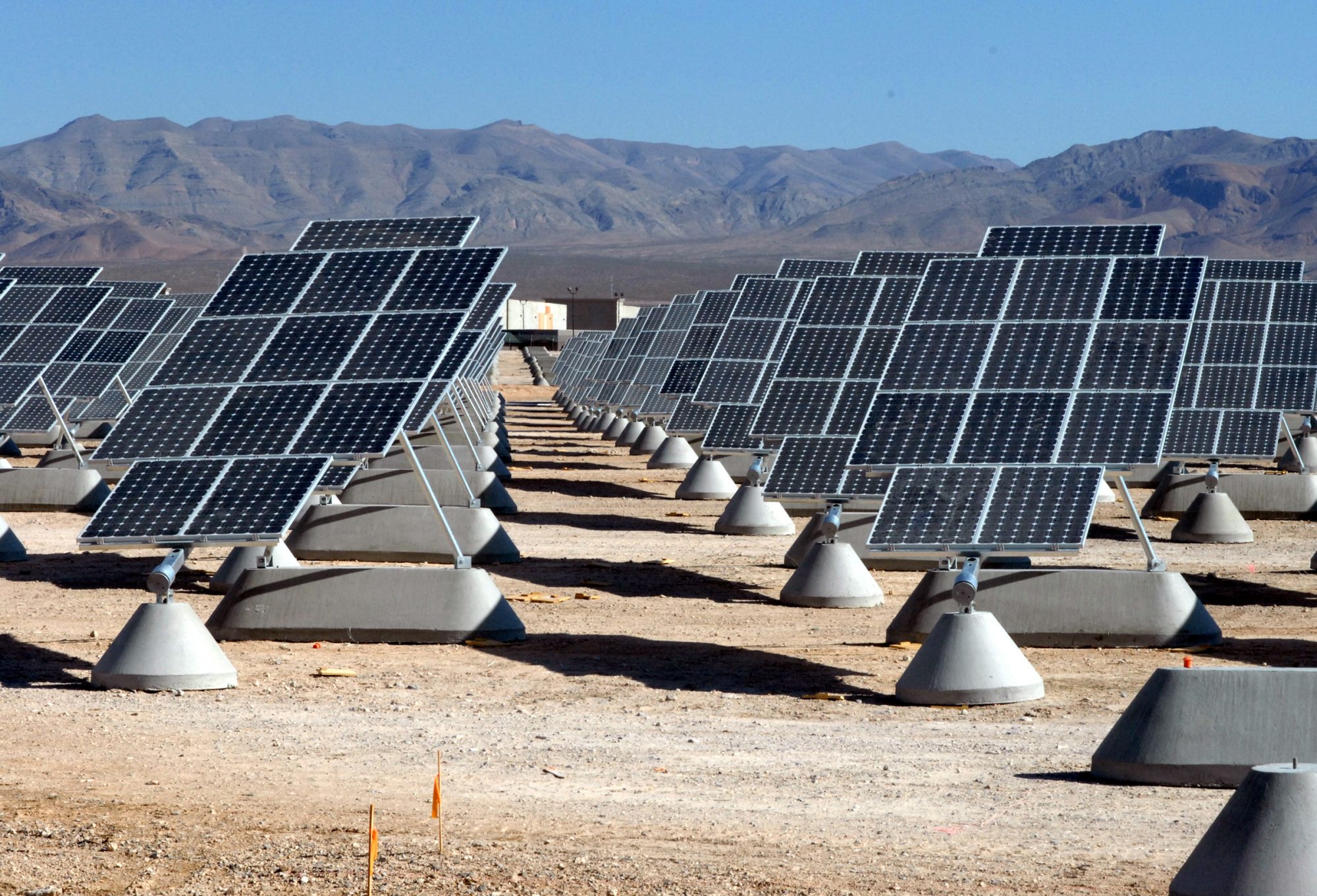
Very large photovoltaic systems (VLS-PV) are considered to be the best existing solutions in desert regions to solve environmental and energy security problems. Saudi Arabia has already set itself the task of installing 16 GW of solar energy by 2032.
To implement this plan, the government has decided to invest more than $109 billion. It is expected that the introduction of VLS-PV will pave the way for achieving these goals and support the development of a local PV industry that can create jobs and bring significant socio-economic benefits to the desert.
Highlights
- SWOT analysis has been performed for suitability of VLS-PV in Saudi Arabia.
- A scenario for achieving the Saudi Arabia target of solar energy has been proposed.
- The proposed scenario can surely provide savings in fossil fuel and water.
- The proposed scenario has good environmental and socio-economic impacts.
- The success of proposed scenario requires suitable institutional and policy frameworks.
This paper presents the opportunities and challenges of using VLS PV in Saudi Arabia. To determine the internal and external factors associated with the development of PV, a methodology for SWOT analysis was conducted. Based on an analysis of the current situation and the expected socio-economic and environmental benefits, a deployment scenario is being developed to provide 9 GW of VLS PV power stations in six different locations within 15 years.
In addition, this is expected to create more than 18,000 jobs. Using VLS-PV will strengthen cooperation with international companies and support the transfer of know-how to local companies and developers in the field of photovoltaics.
Recommendations
According to the SWOT analysis of the current situation of Saudi Arabia and the expected socio-economic and environmental benefits gained by adopting the sustainable growth scenario of VLS-PV, it is recommended as soon as possible to start deployment of VLS-PV plants in the suitable deserts, where the weaknesses and expected threats may be treated as follows:
- Conducting research and site evaluation studies to determine the most suitable deserts for VLS-PV plants because the high temperature in the desert during summer time and due to dust accumulation resulted from sandstorms will decline the overall performance of the PV modules. Further studies of the most appropriate and cost-effective methods for keeping the modules free from dust to avoid cleaning is highly recommended.
- Declining the existing heavily-subsidized energy to force the local electric company to shift towards solar energy in order to enhance revenues.
- Establishing institutional and policy frameworks at national levels which address issues of subsidies, energy prices, and the relation between the energy producers and the government. Moreover, policy experience gained by countries like Germany, China, and South Africa can be adopted in a way to suit the Saudi conditions.
- Declining the prices of fossil fuel will encourage the electric companies to increase their energy production using fossil fuel, but limiting the quantity of fossil fuel sold to them annually would prevent them from increasing power produced by fossil fuel.
- Localizing the PV value chain industry would prevent any potential increase in PV module prices if the global PV industry faced a shortage of raw materials, or if the manufacturing capacity in the world remains without expansion.
- Conducting researches and studies for exploring the optimal methods for disposal or recycling PV modules at the end of their life to protect the environment from the potential risks of chemicals and heavy metals that may leach from PV modules.
- Using rigid support structures and comprehensive earthing systems would decrease the probability of damage to the PV modules by lightning or gusting storms.
- Increasing the vegetation cover in the areas surrounding the VLS-PV plants would prevent potential sand encroachment.
- To accelerate the deployment of VLS-PV in Saudi Arabia, a strong collaboration and coordination among various countries, as well as international partners, is highly recommended to exchange experience and also to ensure an adequate technological support for VLS-PV deployment is provided.
- The international cooperation, partnership, and consortiums with local companies is a key success factor for sustainable development of solar energy projects.
These findings are described in the article entitled Towards VLS-PV deployment in Saudi Arabia: Challenges, opportunities and recommendations, recently published in the journal Energy Policy.
This work was conducted by A. F. Almarshoud and Elfadil Adam from Qassim University.









